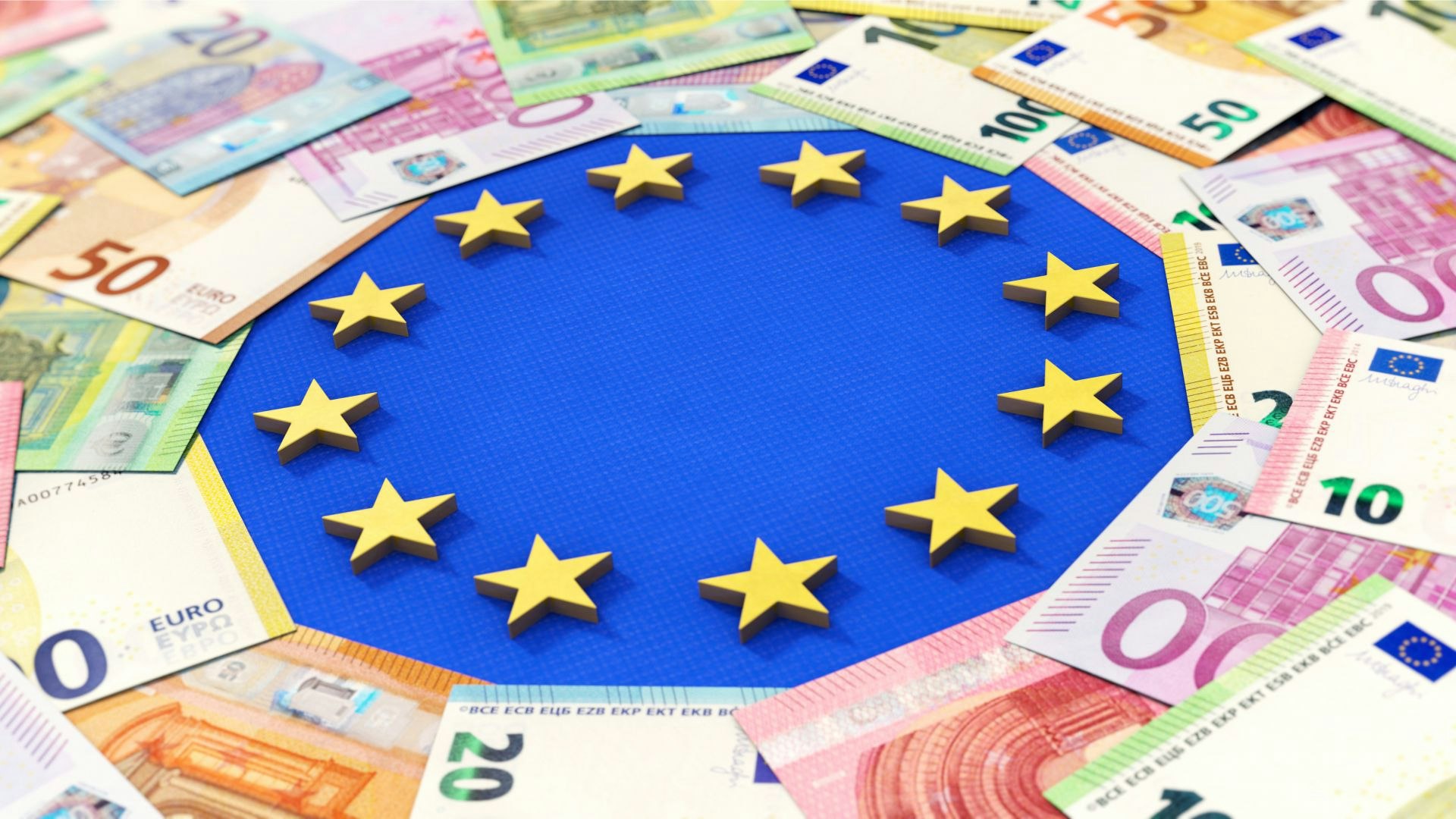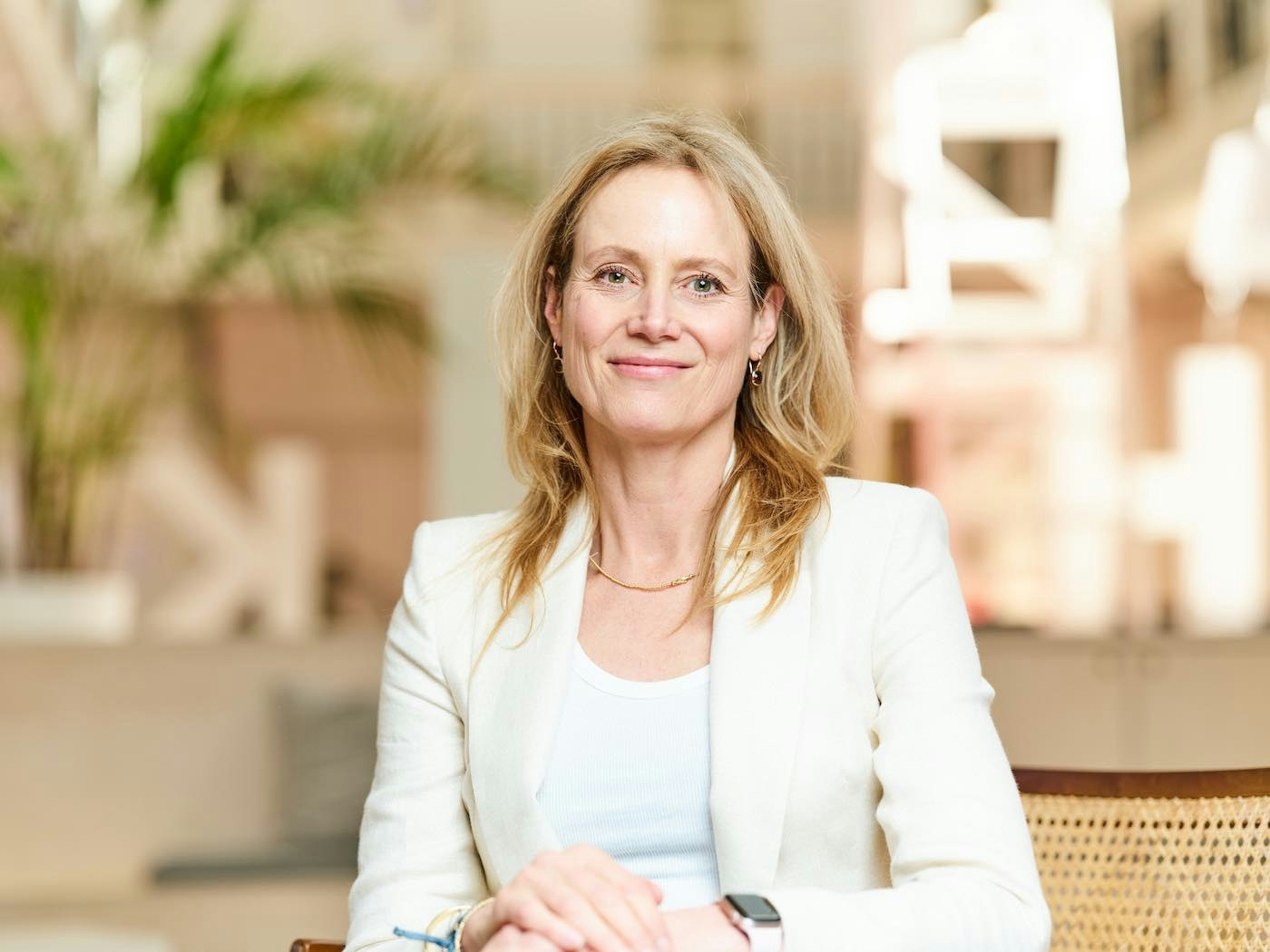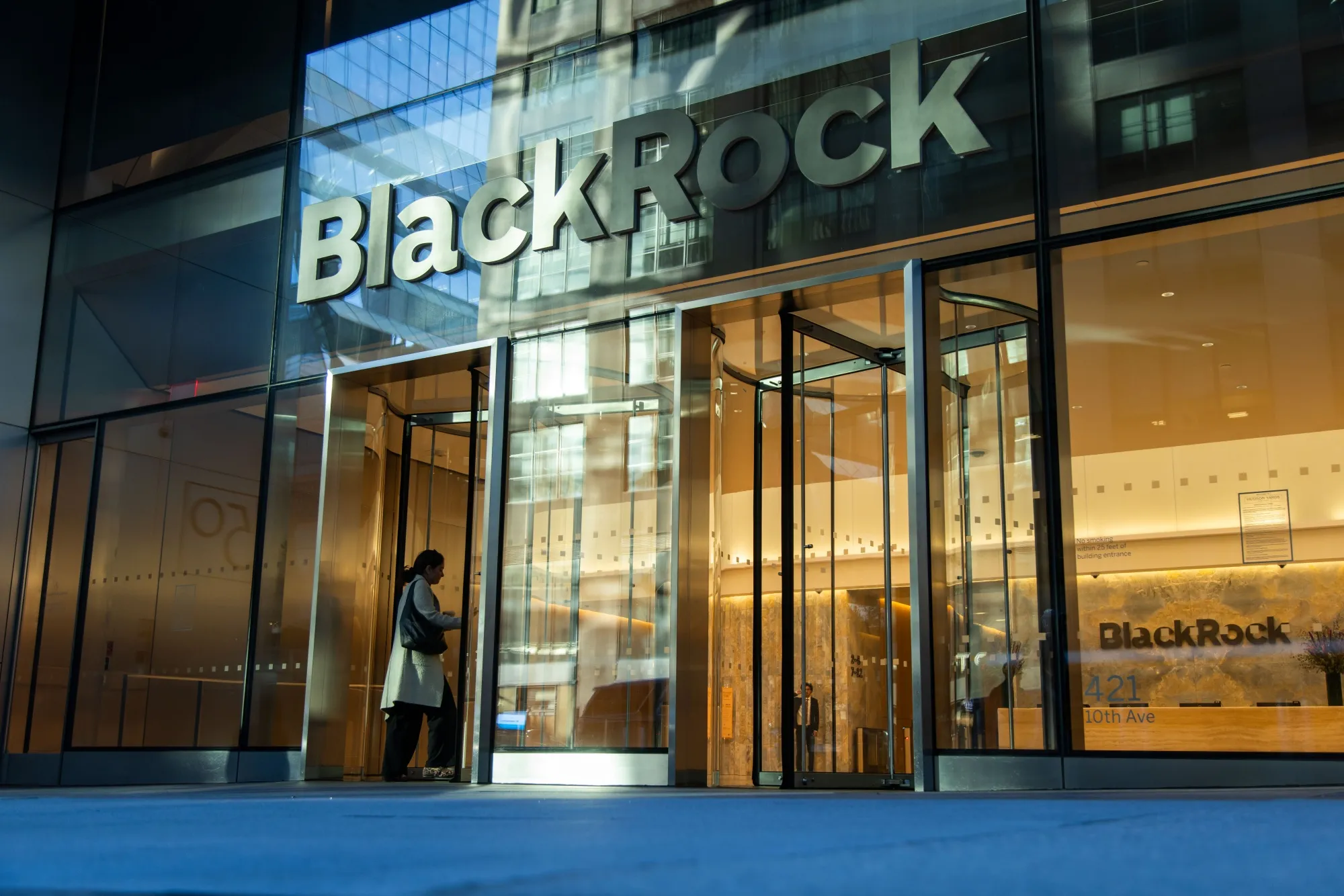$30bn of VC money invested, 17 $250m+ rounds and 17 new unicorns — European tech is off to a strong start in 2022.
So which sectors and companies in European tech have caught VC’s attention so far this year?
Here is European tech’s Q1 in data*.
1. European VC funding keeps pace with 2021 so far
Despite some concerns about a downturn in public markets and geopolitical concerns damping investor appetites, the data so far shows investment in European tech companies keeping up with 2021’s record-breaking pace.
There were 1,800 rounds raised and close to $30bn invested in total, according to Dealroom. That compares to $23.6bn raised in the first quarter of 2021.
If this continues at the same pace, the total amount of VC funding finding its way to Europe’s startups will surpass 2021’s figure — though with a lower number of overall deals.
Total funding has largely been driven by the megarounds raised by some of Europe’s fintech startups to watch — including Checkout.com, Qonto and Scalapay. Though even in the booming fintech sector the total number of deals fell against the same quarter last year, a sign that funding might be slowing.
2/ France leapfrogs Germany for the first time since Q1 2020
The UK continues to sit atop Europe’s VC funding throne — $9.2bn was raised by British startups between January and March 2022. That’s $1.7bn more than the same quarter last year.
But France and Ireland also have plenty to shout about. French startups raised $5.4bn in VC funding in Q1, more than double the $2bn raised in the same quarter last year and $1.5bn more than any individual quarter in 2021, according to Dealroom data. It’s also the first time France has beaten Germany for funding in any individual quarter since Q1 2020.
Ireland saw significant growth in Q1 — Irish startups raised $1.2bn between January and March, almost matching their total for all of last year ($1.5bn) — though a lot of this figure came from the €575m investment by Japanese conglomerate Mitsui into clean energy company Mainstream Renewable Power, valuing the company at €2.1bn. Mainstream is already majority owned by Norwegian investor Aker Horizons following a 2021 deal and plans to IPO soon.
Elsewhere Dublin’s revenue-based financing (RBF) startup Wayflyer raised a $150m Series B round in February, while delivery startup Flipdish raised $96m in a late-stage funding round led by Tencent. Flipdish’s COO Jessica Oppetit told Sifted earlier in the year the company has plans to hit a $100bn valuation.
3/ VCs can’t get enough of fintechs
Fintech continues to be the gift that keeps on giving for Europe’s founders. They had VCs filling their coffers to the tune of $8.6bn in Q1, making it the most lucrative sector — a trend we also saw in every quarter of 2021.
Q1’s boom was helped by British payments company GoCardless, which raised a $312m Series G in February, and French neobank Qonto, which raised a €486m Series D in January.
Other notable deals were UK credit card startup Yonder, which came out of stealth after a £20m seed round co-led by Northzone and LocalGlobe.
4/ A quarter of firsts as 17 new European unicorns are born
Europe added 17 unicorns to its roster in Q1 — and is already off the mark for Q2 with Germany’s consumer tech subscription platform Grover and foodtech Choco hitting $1bn valuations this month.
Italy birthed its first unicorn this quarter in the form of Scalapay, and Bulgaria followed shortly after when fintech platform Payhawk announced $100m in new funding in March.
It was also a strong quarter for France, which added five more startups to its unicorn stable. HR tech PayFit got the year off to a good start and was joined by ecommerce and anti-Amazon startup Ankorstore, Qonto, warehouse robotics startup Exotec and fintech Spendesk.
👉 Read: The complete list of European unicorns
5/ Show me the money — Europe’s 10 biggest raises in Q1
This quarter’s largest round went to payments giant Checkout.com, which became Europe’s second most valuable startup in January when it raised a whopping $1bn in funds. It was one of two UK-based fintech startups to make the list of biggest rounds, the other being GoCardless.
Europe’s largest rounds in Q1 were spread across the continent. Estonia’s mobility startup and national hero Bolt followed its €600m round last August with a fresh €628m Series F in January, led by Sequoia Capital and Fidelity Management and Research Company LLC.
In France, Back Market became one of the country’s most valuable tech companies in January when it raised a $510m Series E round; the refurbished gadgets marketplace is now valued at $5.7bn. And in Austria GoStudent signified the buzz around European edtech with a $340m Series D round.
There were also big raises by Germany’s logistics startup Forto — one of the biggest German VC rounds this year — Spain’s ecommerce delivery company Paack and Italy’s payments platform Scalapay, which became the country’s first unicorn in February.
6/ Who planted the seed in Q1?
Several companies caught the eye of seed investors in Q1.
January was a good month for fintech with two revenue-based financing companies raising large rounds: Paris-based Karmen raised the month’s largest round at €22m, while the UK’s Vitt raised $15m (both rounds were a mixture of equity and debt). We also saw Sweden’s gaming company Goals raise $15m and Cypriot trading platform Skilling bag €10m.
In February attention turned to Switzerland and the Netherlands, as cargo-carrying hypersonic aircraft company Destinus raised €26m and open source database startup SeMI Technologies landed $16m.
Among the big rounds closing out the quarter in March were two €10m deals — one raised by Swiss fintech Hygh and the other by the Dutch agritech Source.ag.
7/ From fintech to the metaverse, early-stage founders are on VC's radar
There were some large and notable VC fund closings in Q1:
- The embedded\capital fund is based in Berlin and raised €100m to invest in the “next generation” of fintech founders.
- London-based VC firm Hoxton Ventures, which focuses on seed and early-stage financing for European founders who want to crack the US, raised a new $215m fund. It was the Deliveroo-backers’ third fund.
- Stockholm’s Creandum closed a new €448m fund to invest in early-stage European founders. Though industry-agnostic, the firm expects investments to intensify in areas like fintech and consumer apps.
Luxembourg-based Hiro Capital is among Europe’s top metaverse investors and has just raised a $340m fund to invest in seed and early stage rounds in areas like esports, creator platforms and, of course, the metaverse.
👉 Read: The hottest sustainability investments in Q1 2022
8/ Who’s hiring?
The six fastest growing companies by headcount, according to Dealroom, included some familiar names. We looked at companies that have raised over $50m and their headcount growth over the last three months.
Nothing, the consumer hardware company that wants to challenge Apple, is growing fastest. The company increased its headcount by 137% in the past three months.
Swedish neobank Juni has grown its headcount by 49% in the same time period, one of several fintechs on a hiring spree in Q1. Ireland’s Wayflyer has grown by 50% and Norway’s Dune Analytics by 94%.
Tom Nugent is Sifted’s digital editor. He tweets from @TJNugent92
*There is a reporting lag, especially for rounds at the earlier stages, so figures are likely to be revised upwards.



